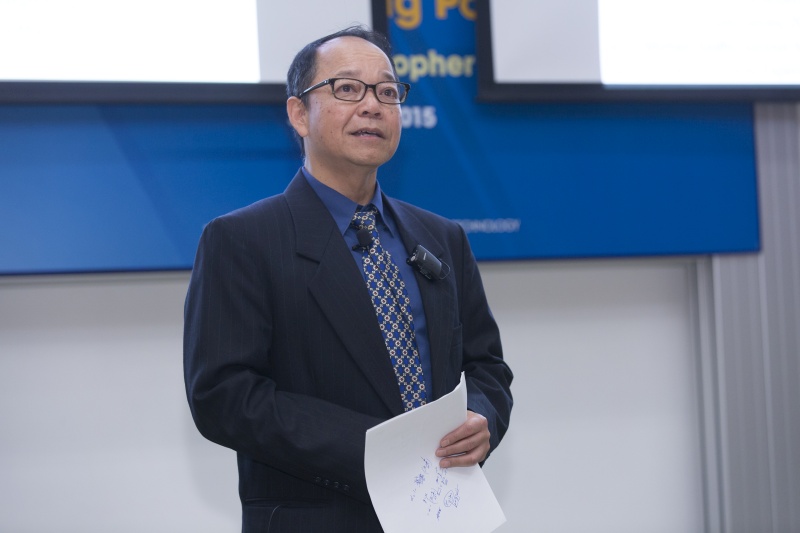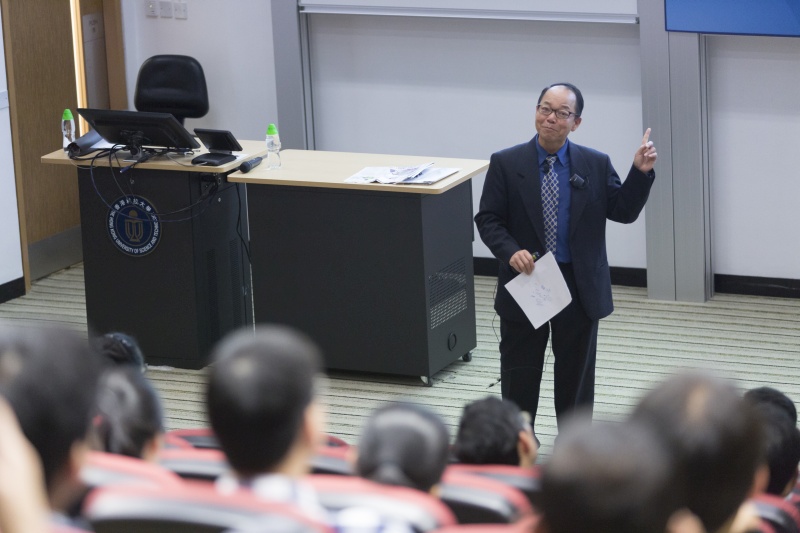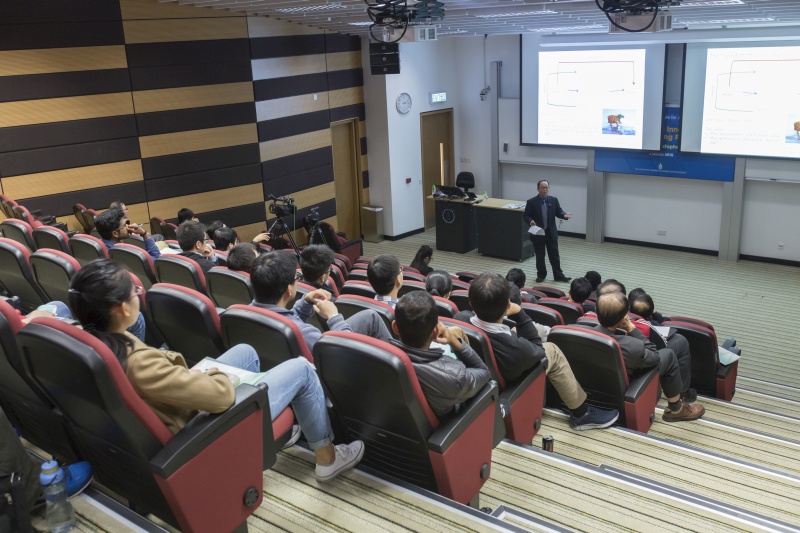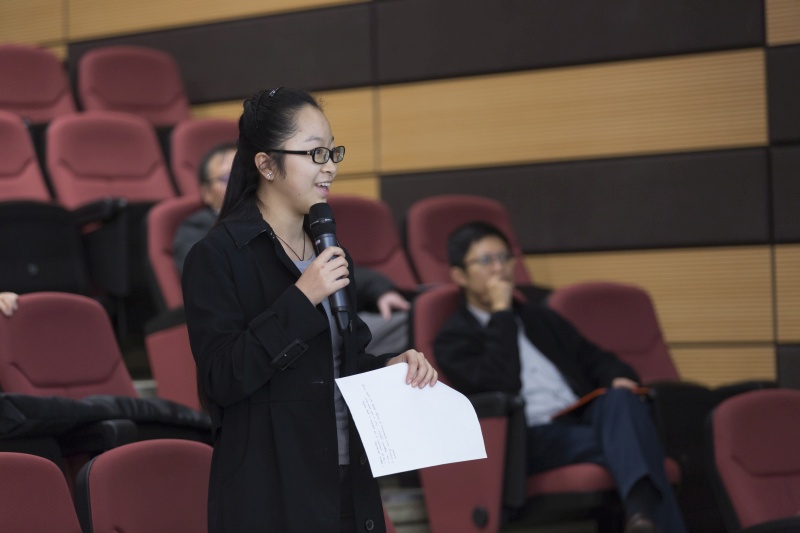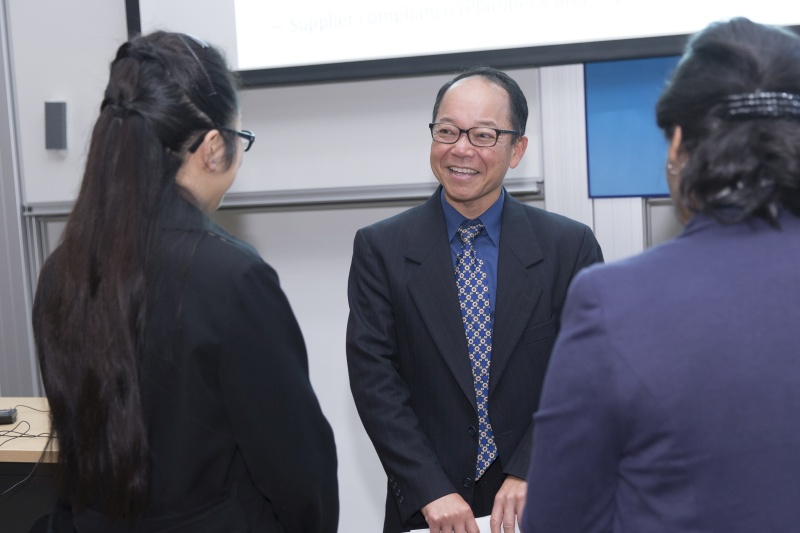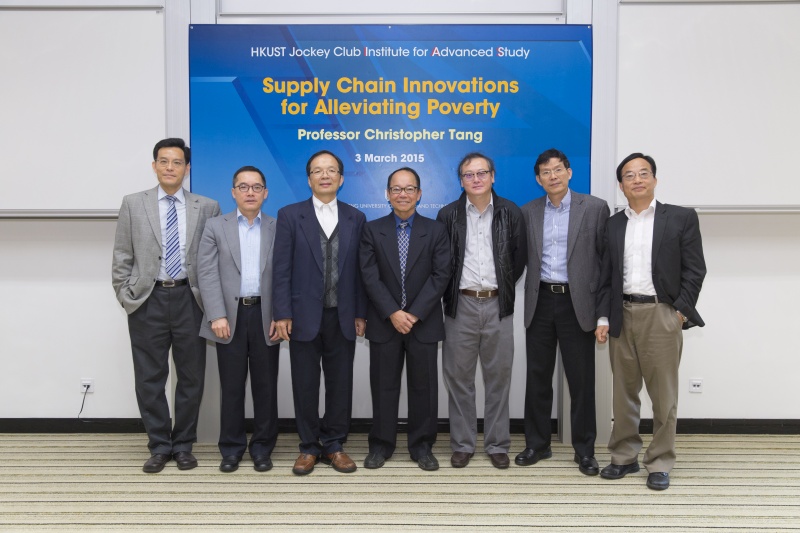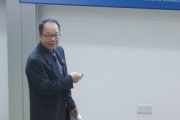Supply Chain Innovations for Alleviating Poverty
Abstract
How can supply chain design alleviate poverty? The speaker examines recent supply chain innovations that involve the poor as suppliers or distributors to alleviate poverty and to create revenues for social enterprises (and companies). Such supply chains have created new opportunities but also raise fundamentally different issues. The talk is based on eight previous lectures, three research papers, and various teaching cases.
About the speaker
Prof. Christopher Tang received his PhD in Operations Research from Yale University in 1985. He joined the University of California at Los Angeles afterwards, and served as Senior Associate Dean and Chairman from 1998 to 2002, Dean of the Business School at the National University of Singapore from 2002 to 2004, and Senior Advisor to the President of National University of Singapore from 2000 to 2002. He is the University Distinguished Professor and Edward W. Carter Chair in Business Administration at the UCLA Anderson School of Management. Currently, he is a Visiting Professor at Haas School of Business at the University of California at Berkeley.
Prof. Tang’s research spans across different areas including global supply chain management, retail operations, and social business operations. He has co-edited 4 books, co-written 1 book, and published over 100 academic articles in research journals such as Management Science, Operations Research, Manufacturing and Service Operations Management, Production and Operations Management, Journal of Marketing Research, Sloan Management Review, California Management Review, Interfaces and European Journal of Operational Research. In addition, he has published management articles in Wall Street Journal, Financial Times, and The Guardian. He served as President of Production and Operations Management Society in 2014, and now serves as Editor-in-Chief of Manufacturing & Service Operations Management.
Prof. Tang is the recipient of numerous teaching and research awards, and has received the Institute of Operations and Management Sciences’ Lifetime Fellow Award, and the Production and Operations Management Society’s Lifetime Fellow Award.

